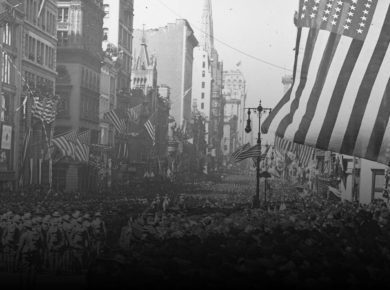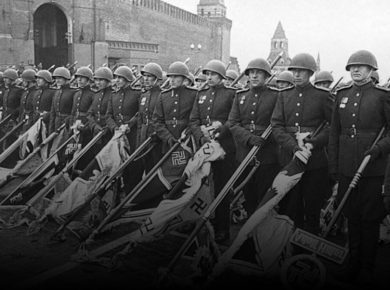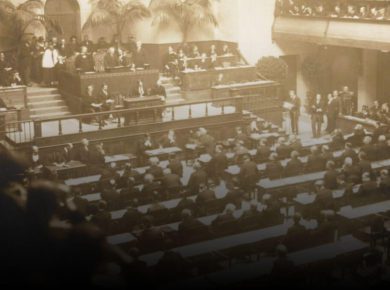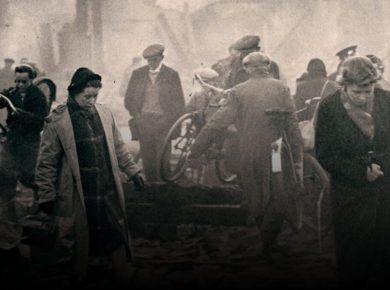Nationalism – Rise and Impact
Until the French revolution, except for Britain, the Europe was under the domination of feudal system and there was no concept of a Nation. There were empires with scattered territories ruled by Monarchs, there existed feudal lords with their estates and there were towns and cities, but no Nation, as we understand it today.
French revolution gave the concept of a Nation, which was sum total of people & in whom lay the sovereignty. Thus, Nationalism came to be represented as self-rule due to the French and American revolutions.
Misuse by Absolute Monarchs
When Napoleon invaded the rest of Europe, nationalism manifested in form of the desire to protect the territory against foreign invasion. Thus, Monarchs used nationalism to consolidate their hold on power & 19th century Europe witnessed aggressive Absolute Monarchies with focus on extension of territory and expansion of colonial empire.
After Napoleonic wars, Europe saw waves of pro-democracy revolutions, but Monarchies were opposed to the democratic ideas of French revolution, and they used nationalism as a shield to defend and even extend their empires. War victories and admission of more colonies were used to maintain the hold on power.
Role of Revolutionary Thinkers
Modern thinkers contributed a lot to the concept of nationalism. Greece became independent from Ottoman Empire in 1832, while Belgium’s pro-democracy revolution against United Kingdom of Netherlands helped it attain independence in 1839.
The movement for unification of Germany and Italy derived much of their energies from the ideas of these thinkers. These thinkers enthused the people to lend their support to their armies, freedom fighters and monarchies alike for sake of Nation’s glory.
Industrial Revolution & Nationalism
The Industrial Revolution in Europe during the 19th century increased the national competition in economic sphere and brought the nation-states in conflict with each other for acquisition of colonies.










3 comments
thankyou very much to share the knowledge.
*Saini
This is copy paste of VisionIAS material!